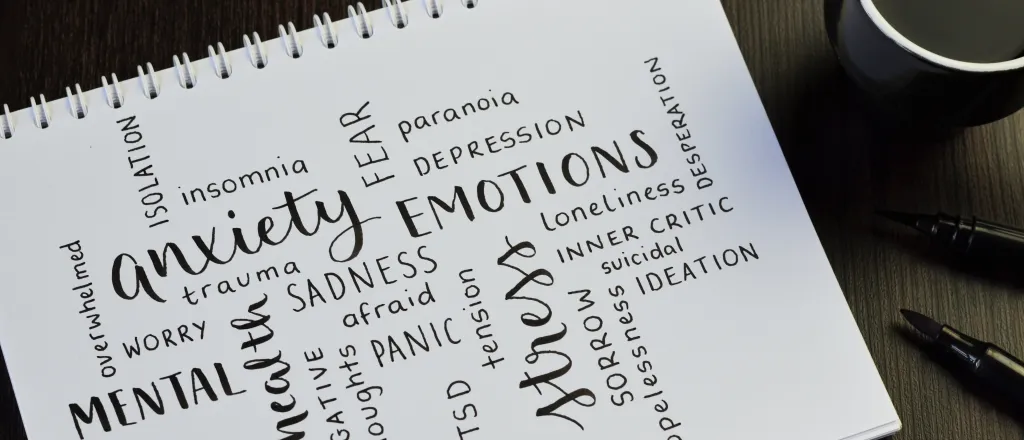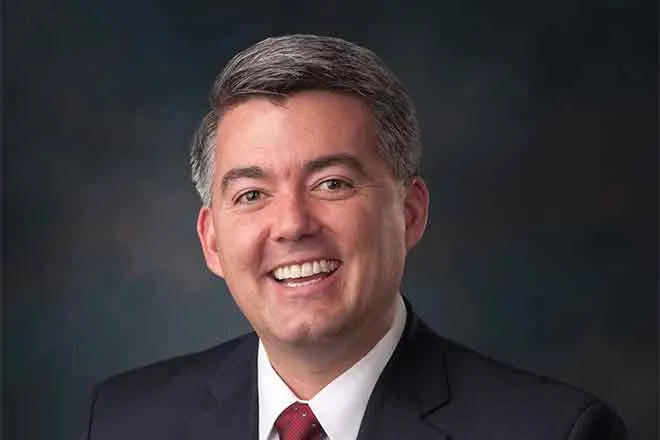
Filling behavioral care gaps for Coloradans with acute mental illness
Click play to listen to this article.
(Colorado News Connection) Behavioral health providers in the Denver metro area are tapping new technologies to ensure people with acute mental health needs don't fall through the cracks and put themselves and communities at risk of violence and even death.
Bill Henricks, president and CEO of the nonprofit behavioral health provider AllHealth Network, said the number of people with severe mental illness is on the rise and too many families do not know where to turn in times of crisis.
"They need to be able to count on the system to be able to support them in their greatest time of need," Henricks contended. "They need to keep their loved ones safe, they need to keep the community safe, they need to keep the person with mental illness safe. And we can do better."

A pilot program in the state's 23rd judicial district aims to fill gaps in the current system by using software to better track individuals' compliance with court ordered treatment to enhance individuals' well-being and community safety. If patients fall out of compliance, the software can alert responsible parties -- including law enforcement when appropriate -- and direct patients to care.
Frank Cornelia, deputy executive director of the Colorado Behavioral Health Care Council, explained people with severe mental illness sometimes require involuntary support to achieve recovery. But he said even though demand is on the rise, more mental health professionals, funding for safety net providers and other supports are needed to address the scale of the problem.
"We see every day increasing numbers of individuals living unhoused, often struggling with persistent mental illness and associated substance use disorders," Cornelia observed. "The existing system is strained to support these ongoing and growing challenges."
Before the 1980s, most individuals brought before the judicial system would have been placed in psychiatric facilities for supervised care but Henricks noted most facilities have closed or lack capacity.
"There's nowhere else for them to go," Henricks emphasized. "Our jails are already full of people with severe and persistent mental illness. We need to provide effective treatment to keep them functioning in society as best we can."

















